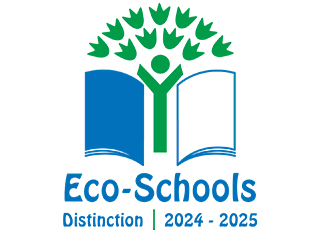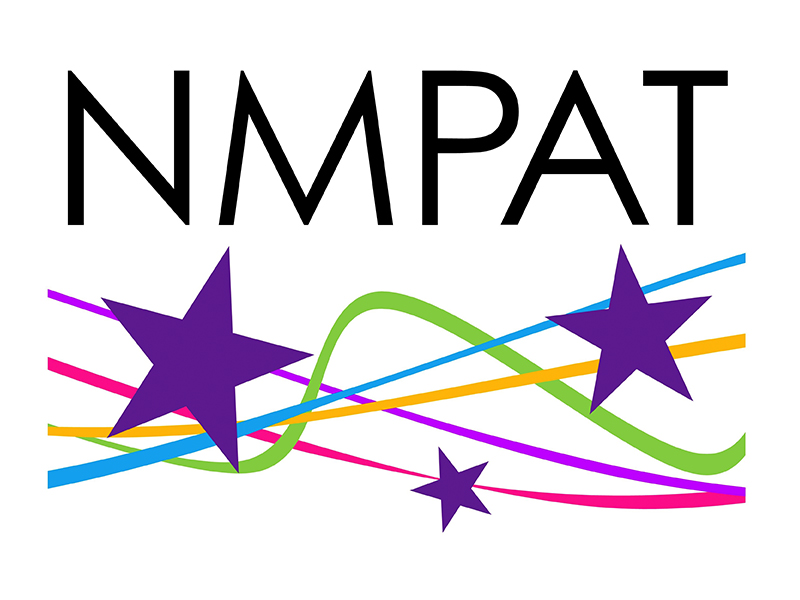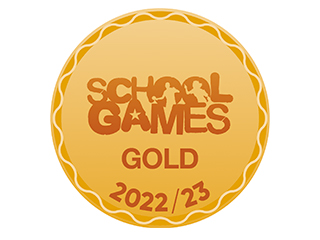Headlands Primary School | Science Narrative
A quality science curriculum will support children in gaining a fascination for – and understanding of - the world around them. They will become curious about our planet and gain a desire to learn more about the physical and natural phenomena to be found both there and in the wider universe. They will learn about: the physical laws and principles which have shaped our world and maintained the systems found therein; the chemical processes and concepts controlling all forms of matter; the diversity and inter-relatedness of all living things, with particular emphasis on the life processes which are essential to the maintenance and health of the human body. They will learn about the effects that science has on our everyday lives and will develop a sense of responsibility for the care of our world, recognising how an understanding of science is essential in the preservation of our natural and human environments and of how resources can be managed sustainably.
During EYFS, with reference to the NPAT Curriculum Frameworks for EYFS, children will begin to develop their scientific substantive, disciplinary and conceptual knowledge though Understanding the World – The Natural World.
During KS1 children will be given the opportunity to experience and observe phenomena, exploring in ever-increasing detail the natural and humanly constructed world around them, as specified in the National Curriculum. They will be encouraged to be curious and to ask questions about what they notice. The following areas of focus have been selected: identifying and naming common plants and animals; identifying body parts; exploring plant structure and growth; investigating habitats and the inter-relatedness of all living things; investigating materials and their properties. This range of units will foster greater self-awareness and encourage an understanding of the natural and material world through investigation and problem-solving, hence inspiring an interest in - and a responsibility towards - the balance of nature and the wider world around them.
During Lower KS2, children will be given the opportunity to broaden their scientific view of the world around them. The following areas of focus have been selected: human biology (including nutrition, the digestive system and the functions of the skeleton and muscles); plants; classification; environmental change; states of matter; rocks; light and sound; frictional force and magnets. This range of units will provide pupils with a broad grounding in the scientific disciplines of biology, chemistry and physics.
During Upper KS2, children will be given the opportunity to develop a deeper understanding of a wide range of scientific ideas. They will encounter more abstract concepts and begin to recognise how these will help them to understand and predict how the world operates. They will begin to recognise that scientific ideas change and develop over time. The following areas of focus have been selected: human biology (including the circulatory system and healthy lifestyles); evolution and inheritance; classification; life cycles; material science; forces; light; electricity; Earth and space. This range of units will complete a broad and comprehensive science education within the disciplines of biology, chemistry and physics in readiness for the challenges of secondary school science.
The following high dividend concepts have been identified as part of the NPAT science curriculum: Energy, Forces, Matter, Earth and Space, Life, Evolution. These will form the ‘Big Ideas’ through which all science will be taught.
The curriculum has been carefully sequenced to ensure a progression in substantive and disciplinary knowledge and to reveal the interplay between them. Children will obtain a solid understanding and knowledge of the key scientific concepts, laws, theories and models of science as well as the knowledge of the practices of science. This is a knowledge-rich science curriculum. The content is specified in detail and is taught to be remembered, not just encountered. Disciplinary knowledge - in the form of Enquiry (and the associated investigative skills) - is embedded within the most appropriate substantive context. Teachers will make explicit reference to prior learning and planning will identify relevant links throughout the curriculum:
- Horizontal links will be made where knowledge and understanding are built upon over the course of the academic year. E.g., Where observation over time is identified as a key concept (such as in Year 1, where Seasonal change is revisited at four points throughout the academic year) or where scientific concepts bridge units (such as in Year 5, where gravity is encountered in the Earth and Space unit and then explored in greater depth later in the same year in the Forces unit).
- Vertical links will be made where knowledge and understanding are built upon from previous science units. E.g., In Year 6, the Light unit will build upon knowledge and understanding from the Year 3 unit, Light and Shadows; likewise, in Year 4, the Digestive System unit will make direct references to the Nutrition unit covered in Year 3.
- Diagonal links will be made where knowledge and understanding are built upon across the wider curriculum. E.g., links between science and geography - such as Environmental Change (Science) with Rainforests/Deforestation (Geography) and Rocks, Soils and Fossils (Science) with Volcanoes (Geography).
Key Science vocabulary is specified and explicitly taught as part of the NPAT Science Curriculum. The development of vocabulary progresses throughout the Science curriculum.
Subject Documents
| Title | Description | Download |
|---|---|---|
| pdf NPAT Science Long-Term Map | Download |








